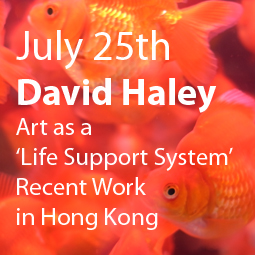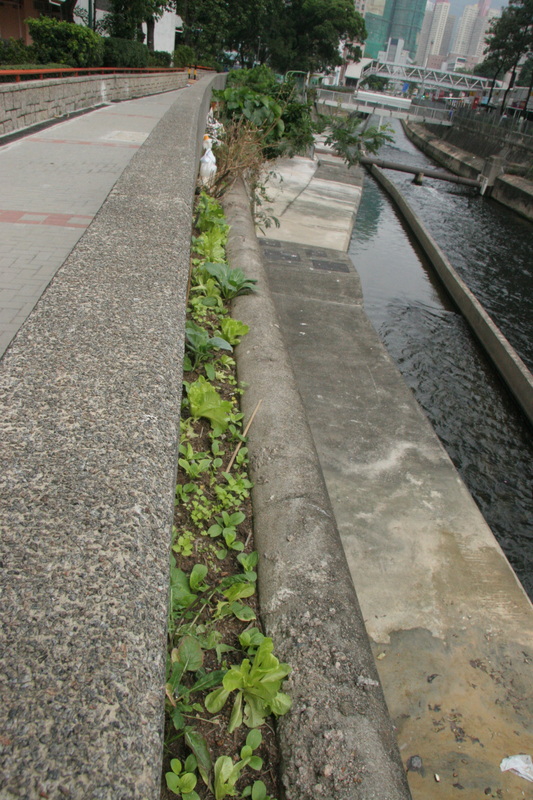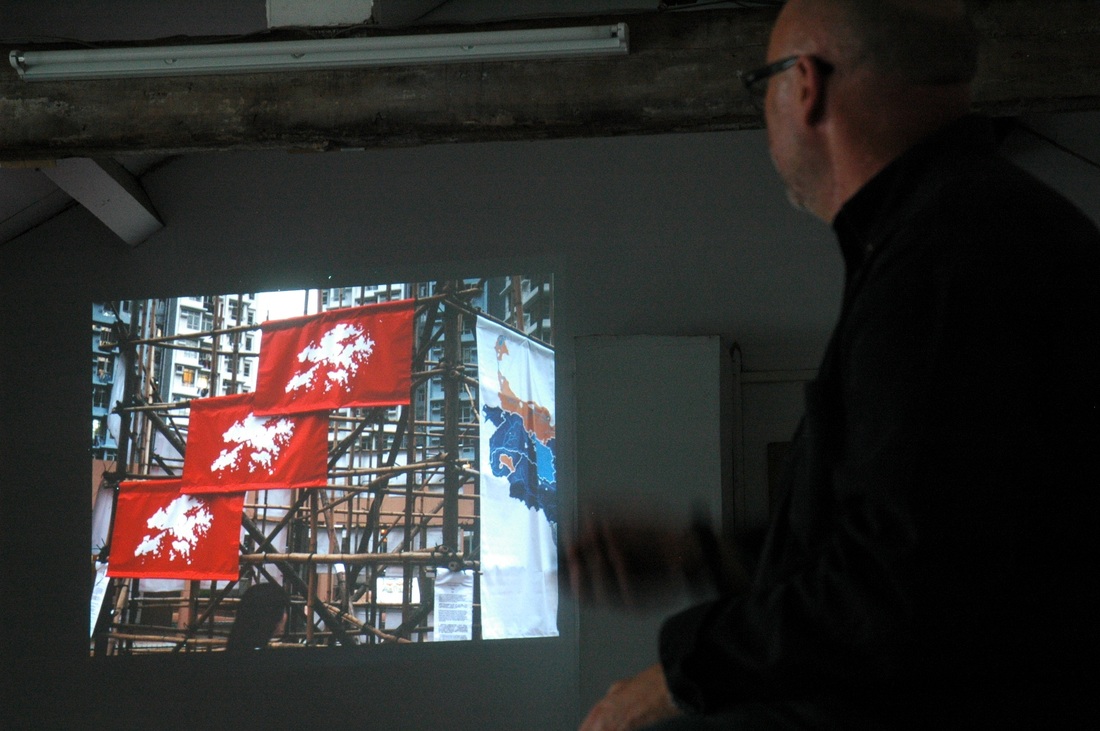| This month we enjoyed a slightly different session as we welcomed our first guest speaker to CRITgroup. David Haley is the Route Leader on the MA in Art as Environment at MMU/Miriad and unsurprisingly the work he shared with us this evening clearly located his practice in that context. David presented the work he was commissioned to produce by the Five Elements Project for the Kai Tak River Regeneration Project which began in November 2011 and culminated in the Kai Tak River Festival in June 2012. An interesting site, much of Hong Kong is developed on ‘re claimed’ land, and the ‘river’ is in fact an entirely artificial construct which acts as a storm drain as well as channelling treated water and sewage. Caught in the ‘limbo’ of the British Hand-Back, and a seemingly never-ending cycle of demolition and rebuilding, the area is earmarked for redevelopment but actually still supports residential communities and wildlife. As the nature of a regeneration project suggests, David became interested in the future of the area, especially with respect to some predictions for rising sea levels and the impact that this would have in terms of flooding and salination of the water table. Salad Growing by the Kai Tak River (photograph by David Haley) | David Haley presents his work Following a programme of workshops including poetry, performance and urban wildlife walks as well as discussions with various community groups, the project culminated in an outdoor installation and a gallery piece. This allowed different audiences to engage with the work and the issues it seeks to raise. The installation consisted of an hexagonal bamboo structure which reflected traditional scaffolding as well as utilising local skills in the construction. This served as a frame for displaying a series of textile pieces which referenced different aspects of the research including maps illustrating predicted rises in sea levels, poetry, visual representations of the wider area, their reliance on different regions for fresh water and images which represent the five Chinese elements with a contemporary take on methods of sustainable agriculture and development. The nature of the project stimulated a lot of political discussion and at times issues of regeneration and sustainability closer to home came into focus, as well as the economics of building, farming, political biases and international responsibilities. David also discussed his philosophy with regard to our approaches to such complex issues, which is that we are taught from an early age to avoid complexity and seek simplification. This then led me to venture that although as practitioners concerned with communities and social impact it can be hard to identify the extent to which our work achieves our aims, the real value actually lies in something much harder to quantify; that being the slow, yet unstoppable tide of change that comes when the time is right, when societies become ready to accept an alternative to the norm and that much of this is facilitated not by sweeping political change or landslide victories over the ballot box but the steady drip into the collective consciousness that it is the legacy of the arts to create. This then, like the imperceptible growth, one cell at a time, of a new shoot becomes the spearhead that eventually pushes through the tarmac of popular opinion and affects lasting and meaningful change. Given that David’s work for the Kai Tak River Regeneration Project essentially centred on relationships between humans and nature in urban spaces, I also think that’s a pretty good analogy to finish on! We meet next month for informal discussion and reflection on the 22nd of August and welcome Hannah Mosley on September the 26th who will be discussing the concept of masters and apprentices in contemporary arts practices. |
|
0 Comments
Leave a Reply. |
CRITgroup
_Creative Reflection and Investigation Talk Group is an
informal network for local artists and designers. The group meets every other month aiming to facilitate a pooling of
professional skills and knowledge to provide motivation, support and
social contact for those pursuing a creative (visual) practice in
Manchester. Categories
All
|



 RSS Feed
RSS Feed
